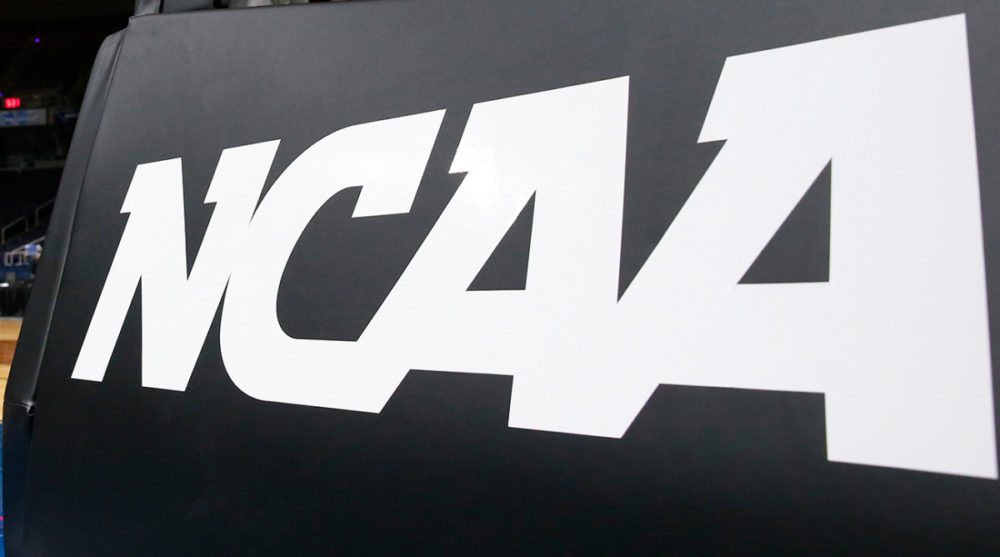
By Matthew Nguyen
For decades, amateur athletes and organizations such as the National Collegiate Athletic Association (NCAA) have engaged in a one-sided battle over whether collegiate level players can profit off of their own name, image and likeness (NIL).
College athletes have sacrificed their bodies in front of countless fans and not once have they ever seen so much as a cent come their way. Despite selling out huge stadiums, playing in front of supporters who scream their names and wear their jersey numbers, these same athletes come home to unfurnished dorms and packages of instant noodles. Even the most prized collegiate stars, such as the ones who regularly headline ESPN segments and grace covers of magazines, can’t sign an autograph without being suspended indefinitely. The unjustness of it all is maddening, but this battle shall not be one-sided anymore.
In September 2019, California Governor Gavin Newsome announced the signing of the Senate Bill (SB) 206, more commonly referred to as the Fair Pay to Play Act, which allows student-athletes attending colleges or universities in California to personally deal with third parties when dealing with the commercial use of their NIL. The bill will go into effect in 2023.
Since collegiate athletes were first allowed to compete, the NCAA has always held the power. They controlled everything, from the merchandise in the stores, to the shoes that are allowed to be worn. But with this new bill, the athletes are finally given a line of defense. They can now sign a child’s autograph without being suspended indefinitely. They can appear in commercials and sell t-shirts without repercussions.
Opponents of SB 206 claim that this bill will lead to a decay of the amateurism model and collegiate sports as we know it. However, if one were to take a step back for a second, they can clearly see that the bill doesn’t actually leave as big of a dent in the amateurism model as you might think it would.
Fair Play to Pay does not force universities to pay their students annual salaries or reconfigure the amount of scholarship money they receive. Instead, it simply allows players to freely promote their NIL without risk of having their scholarship, student status and playing eligibility compromised. What this means is that if a player were to be offered a TV commercial or brand deal, they can happily take it with the knowledge that it won’t affect whether or not they can suit out on Saturdays.
This is a step forward for student-athletes in the continuing fight against the NCAA. Athletes now have the ability to talk to third parties, so they can better protect themselves with agents and managers and safely open dialogue with big corporate companies. Within a broken system, SB 206 is a positive sign for the amateurism model heading into the future.





